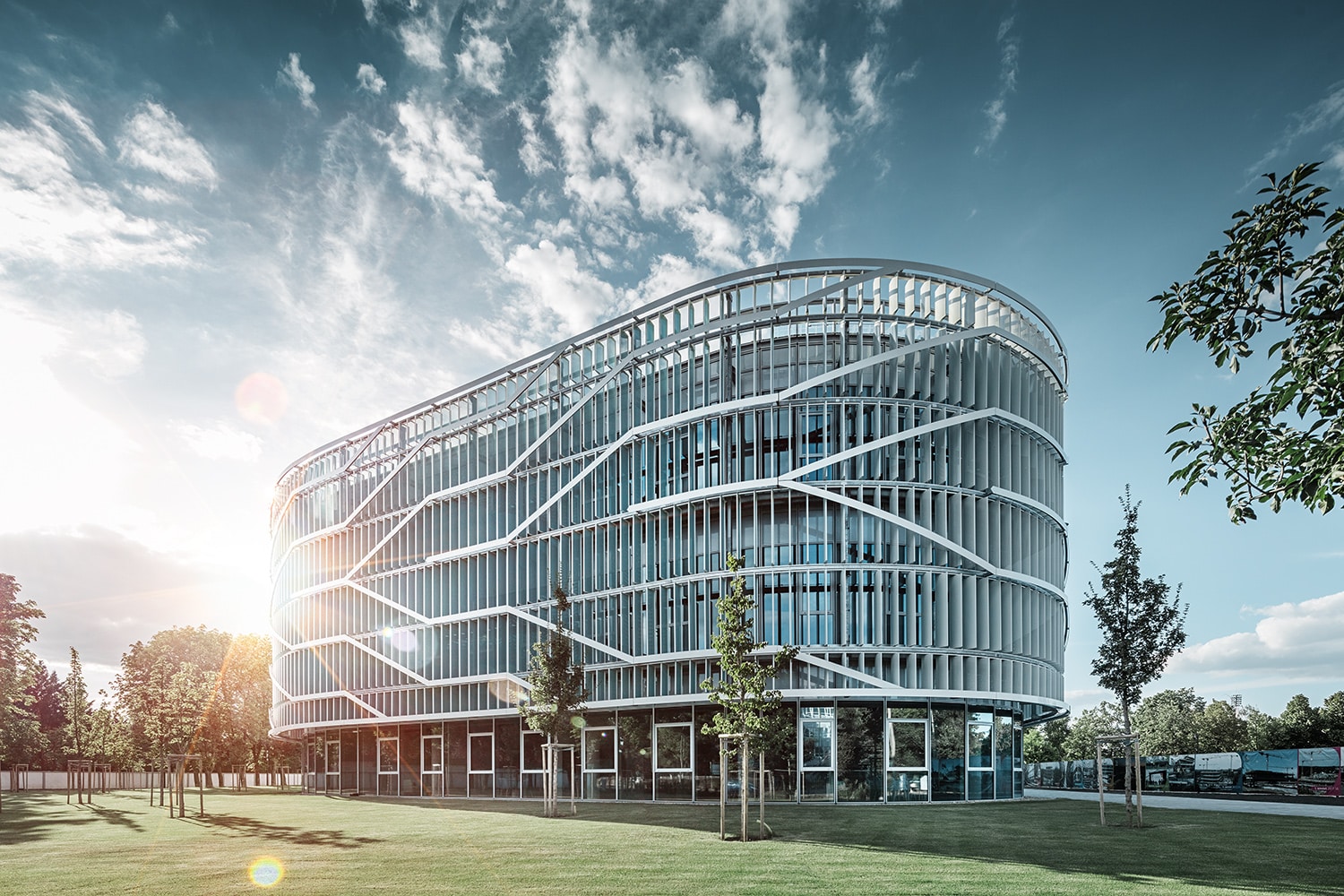We can truly talk about global participation, where North and South America, Africa, the Arab world, Europe, Asia, India, Australia, and even the Pacific Islands are represented. Among the participants will come university professionals from a total of 173 universities around the world – 5 of the world's top 10 universities and 11 of the top 20 institutions will be represented at the Neumann Janus University in April 2024. Emblem of this year's Outstanding Science Program at Kecskemét, 4th World Congress Ten to RSAI: “Sustainable regional economic growth: global challenges and new regional development paths”. Regional science is a modern spatial science, studying the role that space plays in the most diverse economic, social and energy management processes.
The basic principle of regional science is that no two settlements or regions are alike, and as a result, regional differences are the most natural phenomena. Economic and social phenomena that can be observed in many regions cause regional inequality. This can be seen in the decisions of families, companies, or even government institutions. Inequality, the formation and long-term existence of underdeveloped regions, and the rise of rich regions and cities are usually the results of long-term and long-term processes. These processes can be measured, described in a model, and predicted. Eliminating backwardness and reducing glaring regional differences does not happen on its own. Rather, it must happen every day in order to succeed. The processes that create regional inequality are complex: they are economic, social, anthropological, demographic, socio-geographical, geopolitical and other processes.
Therefore, these processes can be explained by the body of knowledge of many disciplines. From this standpoint, regional science can be compared to environmental research, which requires a lot of natural and social science research. During the conference, event participants will learn about the city's landmarks, experience its hospitality, and participate in various cultural programs. They will spread the word of the city and the spirit of its residents throughout the world. The Kecskemét region and its dynamically developing region can benefit greatly from the visit in April of experts representing science with an approach that studies the specific local practical impacts of economic, social, political and technological changes.
Thanks to international interest and well-established relationships, the city, as a settlement representing a special model of economic cooperation and management, can achieve social and scientific focus, economic partnerships – and even more investments. Kecskimet, as a rapidly growing city and region in general, could gain an advantage in the role of host of recognized international events, but regarding regional sciences, the topic has many concrete opportunities, as regional sciences has a history of almost eight decades. The RSAI's expert membership worldwide numbers more than 4,000, and their network extends throughout the world. The conference is jointly organized by the RSAI, the Hungarian Section of ERSA (European Regional Science Association), and the Hungarian Regional Science Association, hosted by Neumann János University, and the local organizing committee Dr. Joseph Karpati and Dr. It is co-chaired by university associate professors Balazs Forman.












































